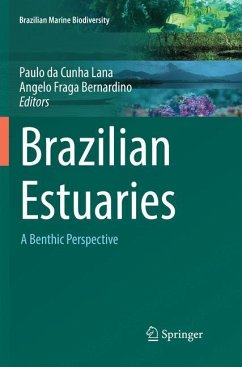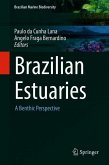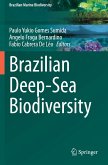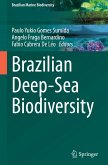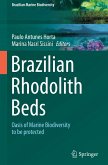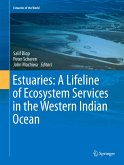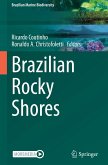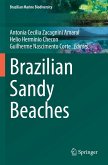This book presents the main drivers of benthic structure and processes in estuaries from the 8,000 km-Brazilian coast, assesses the influence of natural and human disturbance, and discusses their ecological importance and management needs. Estuaries are unique coastal ecosystems often with low biodiversity that sustain and provide essential ecological services to mankind. These ecosystems include a variety of habitats with their own sediment and fauna dynamics, all of them globally altered or threatened by human activities. Mangroves, saltmarshes, tidal flats and other confined estuarine systems are under increasing stress by overfishing and other human activities leading to habitat and species loss. Combined changes in estuarine hydromorphology and in climate pose severe threats to estuarine ecosystems at a global scale.
Bitte wählen Sie Ihr Anliegen aus.
Rechnungen
Retourenschein anfordern
Bestellstatus
Storno

